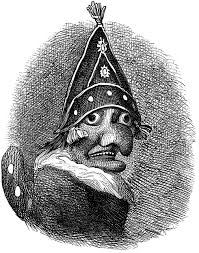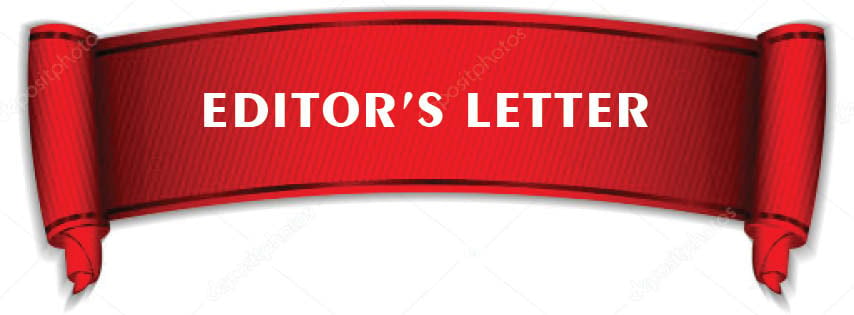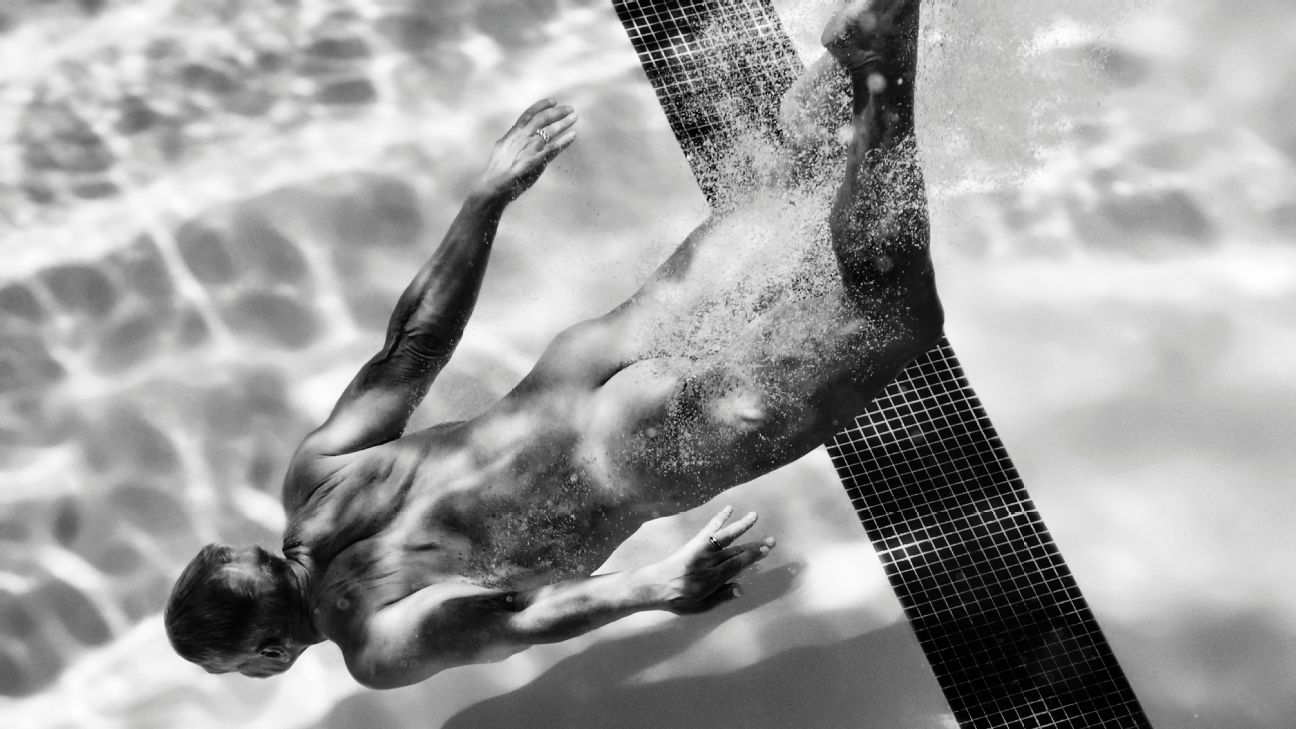Standing on the podium at the 1988 Summer Games in Seoul, Greg Louganis knew he was done. With his last competitive dive, he’d become the first male diver to win double gold in consecutive Games. Three Summer Olympic Games: four gold medals, one silver. He was the greatest American diver; arguably the greatest ever.
Six months before the Games, Louganis, then 28, had found out he was HIV positive. “I was gonna do the honorable thing, and pack my bags, go home, lock myself in my house and wait to die, because that’s what we thought of HIV at the time,” he says. But his doctor told him to continue training. So he carried on.
Not just with training for the Olympics, but with an exhausting program of antiretroviral medication in total secrecy. “Diving gave me a positive focus in my life,” Louganis says. Still, his diagnosis had terrifying; he worried about it leaking to the press: and of the public shame and possible expulsion that might follow. Then, the world watched in shock as Louganis hit his head on the springboard during the preliminary rounds, repeat the Reverse 2 ½ Pike during finals, and go on to win an Olympic gold medal.
ABC’s Wide World of Sports crowned Gold Medal Olympic Diving Champion Greg Louganis “Athlete of the Year” in 1988 unaware that the athlete had HIV/AIDS. It was the same year Matthew Mitcham was born; the first openly gay athlete to compete in the Summer Games in 2008; and the first openly gay man to win an Olympic gold medal.
Though homophobia had waned by ‘88, Mitcham wouldn’t receive a single major endorsement. Who was the first LGBTQ person to be affiliated with a major advertiser?
Keith Haring, an AIDS advocate who was openly gay, created a national campaign for Absolut Vodka US in 1986. However, there wasn’t any commercial representation of the gay community at that time.
You were in talks with Kelloggs?
Yes. After the ‘88 games, I spoke with Kelloggs about doing their Wheaties campaign. Originally, athletes were depicted on the sides or back of the cereal box, though in ’58 began placing the pictures on the front of the box. Their slogan "The Breakfast of Champions” was represented by America’s top performing athletes.
Who was the first athlete to do the cover?
Lou Gehrig was the first athlete on the cereal box in 1934. Considered the greatest baseball players in his day, he’s still considered one of the the greatest player of all time.
What transpired in the negotiations with Wheaties?
Ultimately, they decided that I didn’t have the right image. What’s interesting, though, is that in a subsequent interview with the Chicago Tribune, a member of their team inferred that my relationship with Kellogg’s had been fabricated. What’s worse? Being passed up or called a liar?
In early 2009, Michael Phelps was photographed smoking marijuana and admitted to “behavior that was regrettable and demonstrated bad judgment.” Consequently, USA Swimming banned him from competing for 3 months and Kellogg’s announced that they would not renew his endorsement contract. However, Vanno, the company reputation index, announced that after dropping the single most decorated Olympic athlete of all time – that the Kellogg’s brand, reputation and sales were significantly hurt. In your opinion, is this country governed by wisdom or by talk?
Talk. If there’s an emotional connection to an image then people will consume it. And whether those images are religious, cultural, social or political is simply incidental.
You waited 6 years after taking your final Olympic bow to come out. While you maintained your relationship with Speedo, you subsequently lost other endorsements. Are advertisers reacting to sexual identity or stigma?
Stigma, certainly. Being secretive makes being gay seem shameful. In my case, though, I didn’t want to be known as the sickly athlete. As a competitor, I wanted to be to compete amongst my peers.
When did you come out?
I came out in '94 expecting the public to feel betrayed by the omission. What I learnt was that nobody cared. Being truthful isn’t a disadvantage. It’s empowering.
In Victorian England, “Coming Out” referred to the official presentation of debutants in society. Would the LGBTQ community benefit from such a custom?
No. Each individual should be the architect of his or her own journey. Systems of classification can be destructive. Parents want their children to be distinguished, but kids just want to fit in. What’s important is self awareness, and the subsequent journey toward self acceptance. Thats where parents, particularly parents of athletes should focus.
Your marriage to Johnny Challot made a splash but ended in divorce. Is the LGBTQ community at a disadvantage when it comes to traditional marriage.
We were grateful to be among the first gay couples to legally marry. Supreme Court Justice Anthony Kennedy wrote, “they asked for equal dignity in the eyes of the law. The constitution grants them that.” It’s a great benchmark for life and living.
Archives










